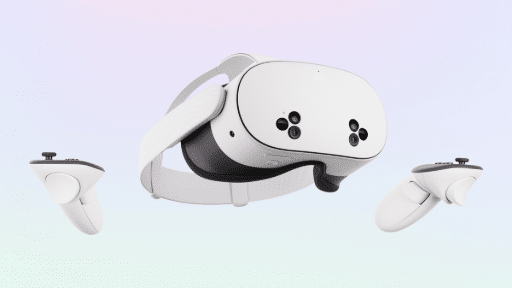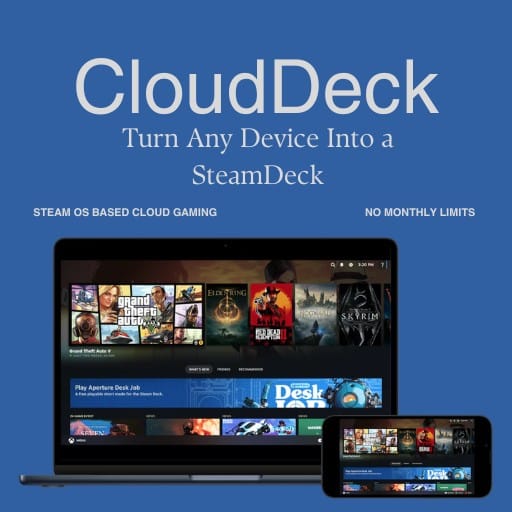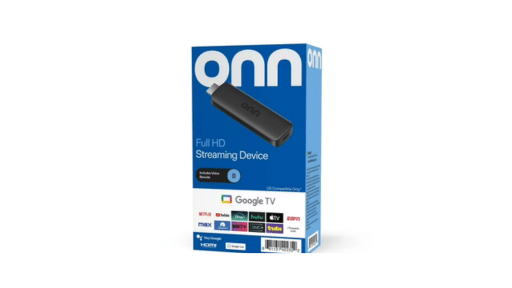
(Staff Member Editorial)
Like a crazy ex, the tech mammoth keeps coming back, always returning with new ideas about how to better handle their relationship with gaming. The newest idea Google has is to be the back end for the gaming world. With a primary focus on live service titles. Here at Cloud Dosage, we published an article about that, which you can read here.
It has led to some confusion within the streaming community, as the recent news was being added to old stories about Stadia transitioning to a “white label” service for developers and publishers to use as a means of independently distributing their games. That idea is now shelved, and is unlikely to return. The future for gaming at Google now resides in a combination of using the Play Store as their platform and using their data infrastructure to support the network necessary for live service games.
Google’s plans
What that means, is that Google wants to use their servers to store the data related to games. That’s it. The intent behind this doesn’t have anything to do with the streaming tech that Stadia utilized. It appears from the outside that the technology and application of Google streaming tech is being thrown into the basement. Along with their other shuttered products.
As boring as this is for the “gaming” community, it could be a smart decision for Google. Live service titles make up the bulk of revenue spent on the Play Store. With Google supporting the back end of these services, they are set to receive a bigger piece of the revenue pie. They could potentially earn significantly more than their standard 30% tax of sales made on the platform. It will be great for continued revenue growth. Especially as gaming continues to evolve for younger audiences that prefer mobile devices.
What’s ironic is that this would have been an amazing idea 10 years ago. Back when the major players in the market were in their infancy. Since they’ve found ways to grow without Google over the last ten years, it could be a tough sell to anyone who has gotten by all this time without them. In their announcement of their new services, Buser (the director of game industry solutions at Google Cloud) mentioned how all the top games being played today are live service games. While that’s true, it’s unlikely an established studio will suddenly throw out the tech they’ve grown accustomed to. Only to migrate over to a corporation known for quickly shutting down its services. It’s also worth noting that this shift in strategy is happening in a period where live-service fatigue among gamers is greater than ever.
Too late?
If Google had any sense of self awareness, they would have offered a product like this before shutting down Stadia. If Google has any hope of finding customers with this service, they’ll need to hunt down emerging development studios. That presents another catch-22. Most live service games are several years old, making it more difficult for new games to make an impact in the market and retain players. For a budding development studio, server stabilization under heavy workload is the least of their concerns. Specially when they’re not even sure players will be aware of their game in the first place.
New games will have a lot to gain from the scalability and stability of Google as a platform. Having the company that basically runs the internet in charge of keeping your internet connected game up and running is a nice sense of security. That is, If you’re not scared of them throwing in the towel on the next quarterly earnings report.









